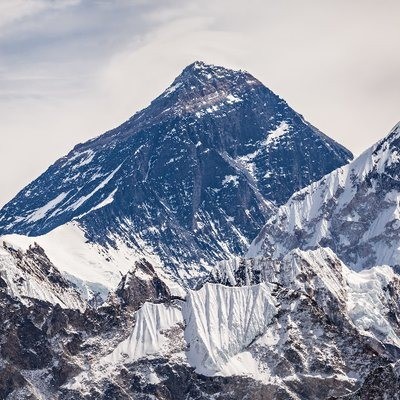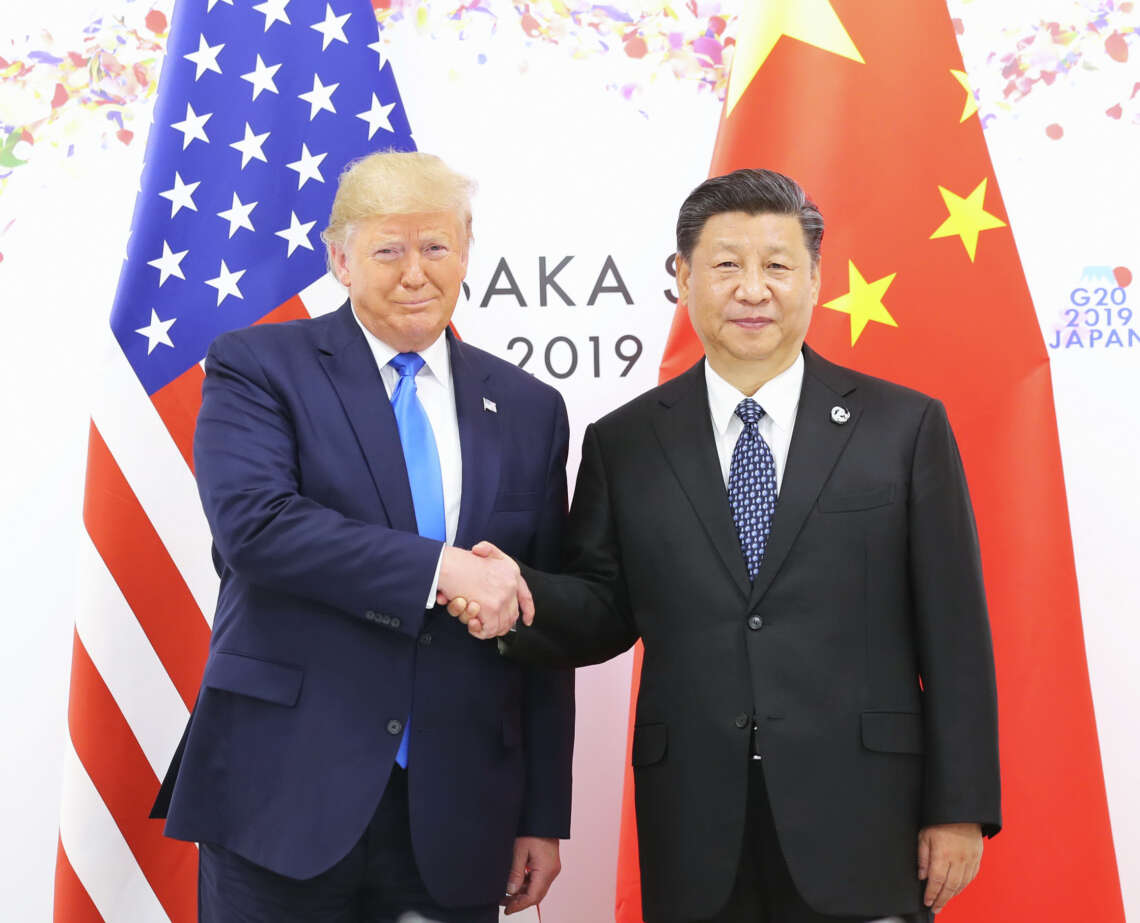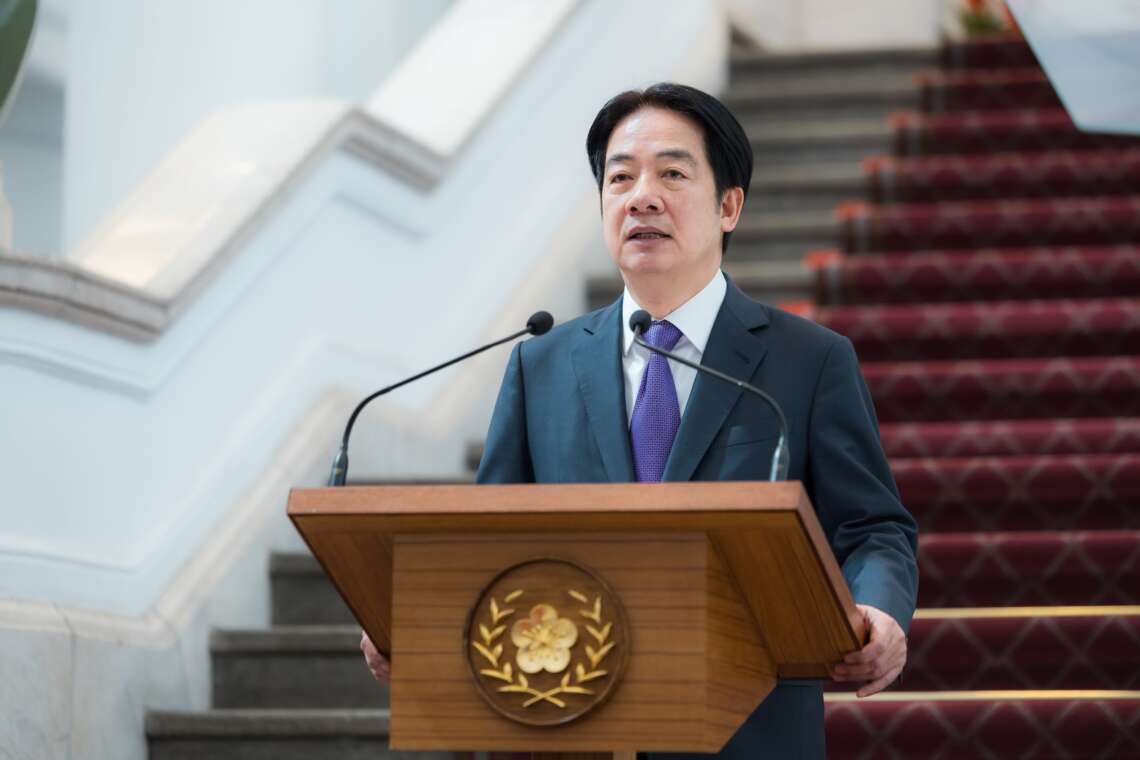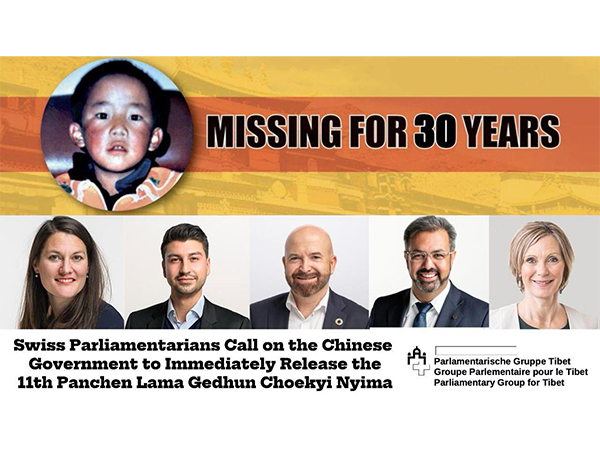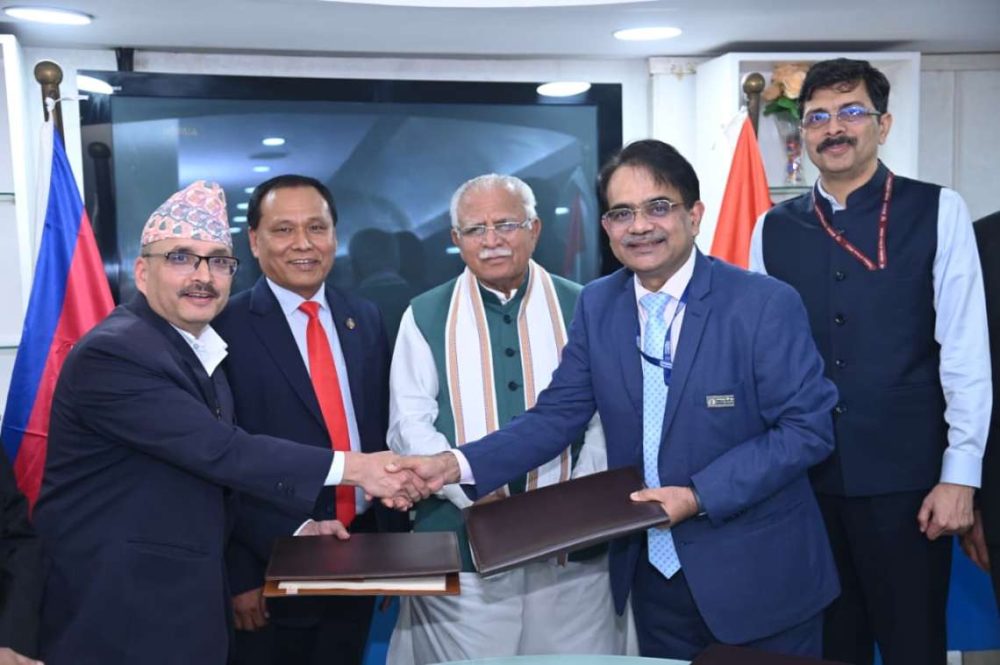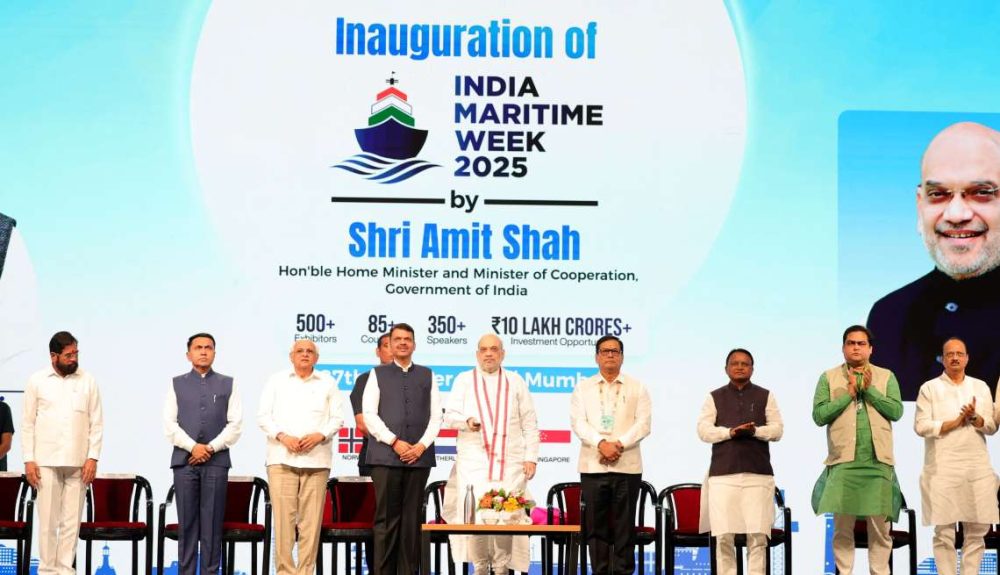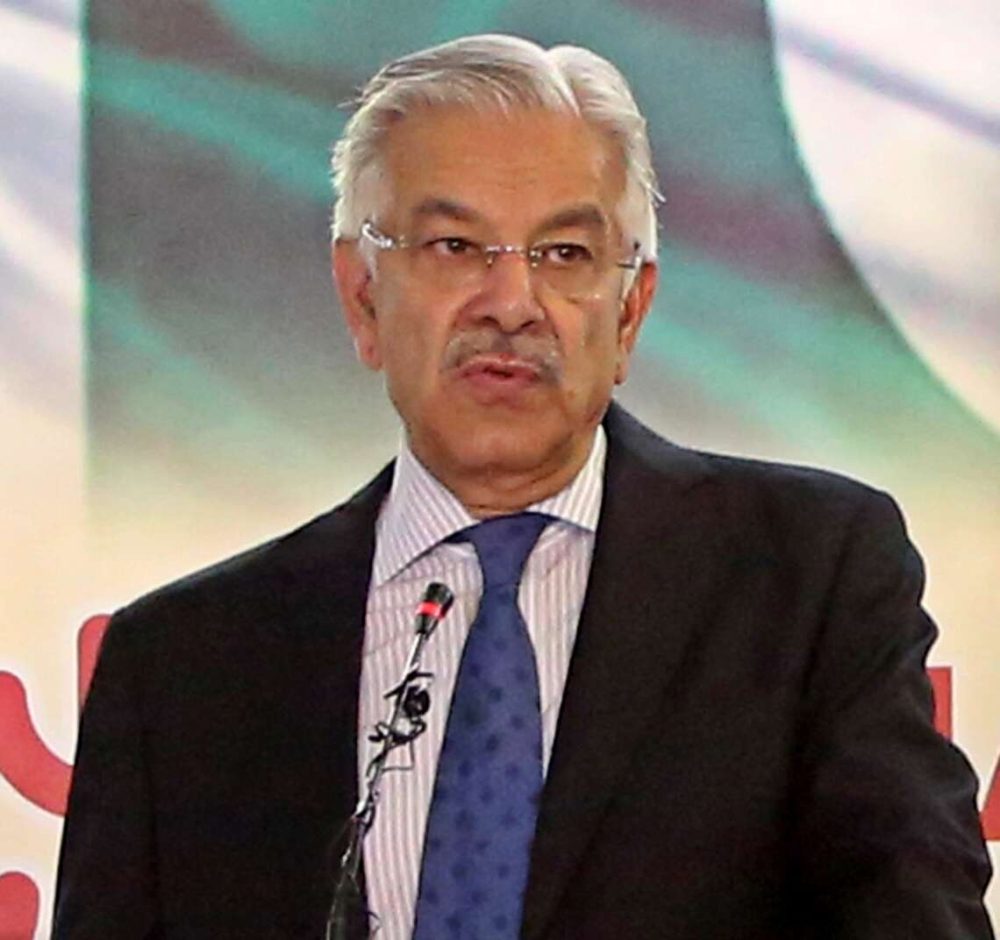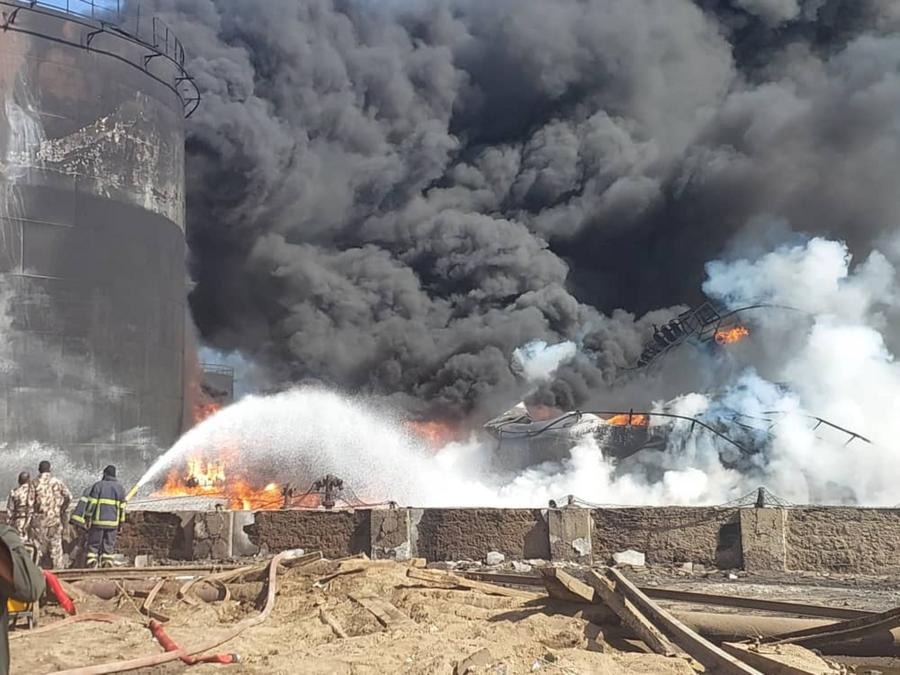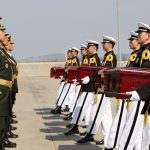The Vice Chairman of the Standing Committee of the People’s Republic of China uses the Chinese name for the Everest, while the rest of the attendees used the English and Nepali names
Vice Chairman of the Standing Committee of China, Xiao Jie, referred to Mount Everest by its Sino name, “Chomolungma,” while addressing the inaugural session of Nepal’s flagship event, the Sagarmatha Sambaad.
While addressing the event, the Vice Chairman of the Standing Committee of the People’s Republic of China, Xiao Jie, only used the Chinese name for the Everest, while the rest of the attendees used the English and Nepali names for the event.
Nepal had entitled the event with the highest peak in the world, Sagarmatha or Mount Everest, as “Sagarmatha Sambaad”, where Sambaad means “conversation” in Nepali.
Xiao Jie was invited as the keynote speaker for the inaugural session of the three-day event. He delivered his remarks in Chinese, which were translated by a translator.
While Jie stood at the stage for about 20 minutes during the inauguration session, he pronounced “Chomolungma” ten times instead of Sagarmatha which has been used as the title of the event.
“We also noticed about it but we are in no power to say anything about it,” an official from the Ministry of Foreign Affairs told ANI, seeking anonymity.
While the Chinese dignitary used the Sino name for the world’s tallest peak and denying identity of the event’s title, Prime Minister KP Sharma Oli, Foreign Minister Arzu Rana Deuba, Finance Minister Bishnu Paudel were present in the hall. The event was also attended by over 200 participants, including dignitaries from various countries.
Notably, Prime Minister Oli recently, in a public event, announced that the world’s tallest peak should be branded as “Sagarmatha,” the Nepali name, rather than using alternative names. However, Oli stayed mum over the use of the word during the event on Friday.
The three-day event being held in Kathmandu is being attended by representatives from Bangladesh, Bhutan, Nepal, the United Kingdom, the United Arab Emirates, Japan, India, Qatar, Kyrgyzstan, Brazil, Egypt, Oman, and Pakistan were present in the national delegations. International and regional organisations include the United Nations, the World Bank, the Asian Development Bank, SAARC, BIMSTEC, and ICIMOD.
Meanwhile, Nepal has officially banned solo expeditions to all mountains above 8,000 meters, including Mount Everest, by amending its mountaineering regulations, according to the government publication, Nepal Gazette.
The Sixth amendment of the mountaineering regulation was released late on Tuesday evening after which climbers were banned from solo expedition in all the 8000ers peaks.
As per the new regulations, every two members of a mountaineering team must be accompanied by at least one altitude worker or mountain guide. This rule applies to all mountains above 8,000 meters, including Mount Everest.
“When climbing a mountain peak with an altitude of more than eight thousand meters, every two members of the mountaineering team must be accompanied by at least one altitude worker or mountain guide, and when climbing other mountains, the mountaineering team must take at least one mountain guide with them,” the lately introduced provision states.
This new provision now is applicable for all the mountains above 8000 meters including the Highest Peak- Mount Everest.
With new regulation in effect, solo climbing era on the peaks has formally ended with government determined to not let anyone regardless their experience to go solo to the mountain. This now will be applicable for alpine-style or the expedition-style climbers as well.
The lately adopted changes also has formally publicized the hike in royalty fee for the foreign climbers attempting to summit Mount Everest from the standard south route in spring to 15000 USD per person.
The spring season expedition which sees high influx of climbers in the Himalayan Nation from the month of March to May previously used to be 11,000 USD. The new regulation also has increased the climbing royalty for the autumn season, running from September to November to 7,500 USD from existing 5,500 USD.
Similarly, the Winter expedition which runs from December to February and monsoon from June to August also has been revised to 3,750 USD from existing 2,750 USD.
The updated provision also has incorporated the revised fees for other 8000ers. The royalty of spring expedition has increased by nearly two folds from 1800 to 3000 USD. The autumn fee now stands at 1500 USD from existing 900 USD while the winter and monsoon expedition has become dearer as it has been revised from 450 USD to 750 USD.
In regards to Nepali climbers, the royalty for normal route in spring season has doubled from Nrs. 75,000 to 150,000. Nepal in the year 2015 had revised the royalty fee by switching from a group-based system to a uniform fee of USD 11,000 per climber for Everest’s spring season via the normal route.
In regards to the slew changes that the Himalayan Nation has adopted lately, the family members of the climbers, guides and high-altitude base camp workers are also banned from the base camp. In case of prior approval from the tourism department, the family members can be exempted for a stay at the base camp not exceeding two days, the new regulation states.


